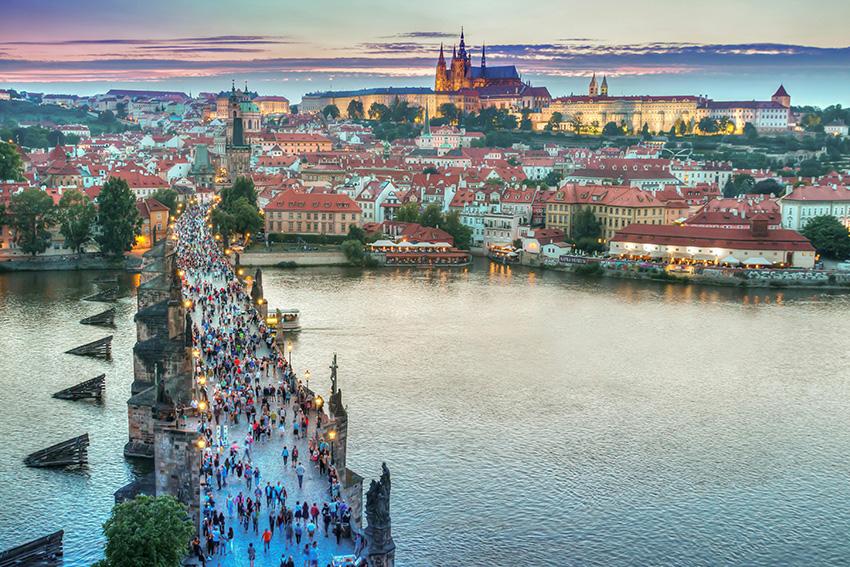Prague’s proposed budget for 2025 sparks debate over priorities and investments
Prague city councillors have approved the first draft of the 2025 budget, proposing revenues of CZK 110.92 billion and expenditures of CZK 113.49 billion. The difference, amounting to CZK 2.6 billion, will be bridged using funds saved for projects like Metro D, which the city has been earmarking for years. The budget now moves to committees for review, with final approval expected at the council’s last meeting of the year on December 12.
The proposed budget allocates CZK 22.29 billion for investments, a record-breaking figure, supplemented by CZK 14 billion from unspent funds from the previous year. However, opposition parties ANO and Prague Sobě have criticized the draft, citing a lack of new projects and insufficient time for city districts to review it.
City Councillor for Finance Zdeněk Kovářík defended the schedule and budget priorities, highlighting that transport remains the largest expenditure, with CZK 30.28 billion allocated, including CZK 15.22 billion specifically for transport investments. Key projects include the construction of Metro D (CZK 6.1 billion), the Libeň Bridge reconstruction, the Smíchov transport terminal, and new tram lines on Wenceslas Square.
Education is the second-largest spending category, with CZK 28.4 billion allocated, followed by health and social services (CZK 6 billion). Significant cultural investments include CZK 1 billion for the ongoing reconstruction of the Industrial Palace and CZK 830 million for repairs to the Vinohrady Theatre.
Opposition leaders have expressed concerns over the lack of visionary projects and new initiatives. Ondřej Prokop, chairman of Prague ANO, criticized the limited scope of investments, claiming the budget overlooks ambitious plans such as the redevelopment of Prague’s main railway station and the completion of the city ring road.
Adam Scheinherrov, leader of Prague Sobě, accused the coalition of focusing solely on inherited projects from previous administrations, such as the Dvorecký Bridge and Wenceslas Square renovations, while shelving plans for future developments. “The coalition has failed to initiate critical projects like the second stage of Metro D or the reconstruction of key city squares,” he stated.
The inclusion of CZK 355 million for an ice bear pavilion at the Prague Zoo drew particular ire. Scheinherr labeled it a misstep, arguing that essential infrastructure projects and affordable housing initiatives are more pressing needs.
With record investments on the table, the proposed budget reflects Prague’s commitment to infrastructure and public services but leaves room for debate on its long-term vision. The final approval will not only determine citywide finances but also enable individual districts to finalize their own budgets, ensuring alignment with Prague’s broader objectives.
As the December 12 deadline approaches, the balance between fiscal responsibility, strategic investments, and meeting public expectations will remain a focal point of discussions.
Source: CTK









